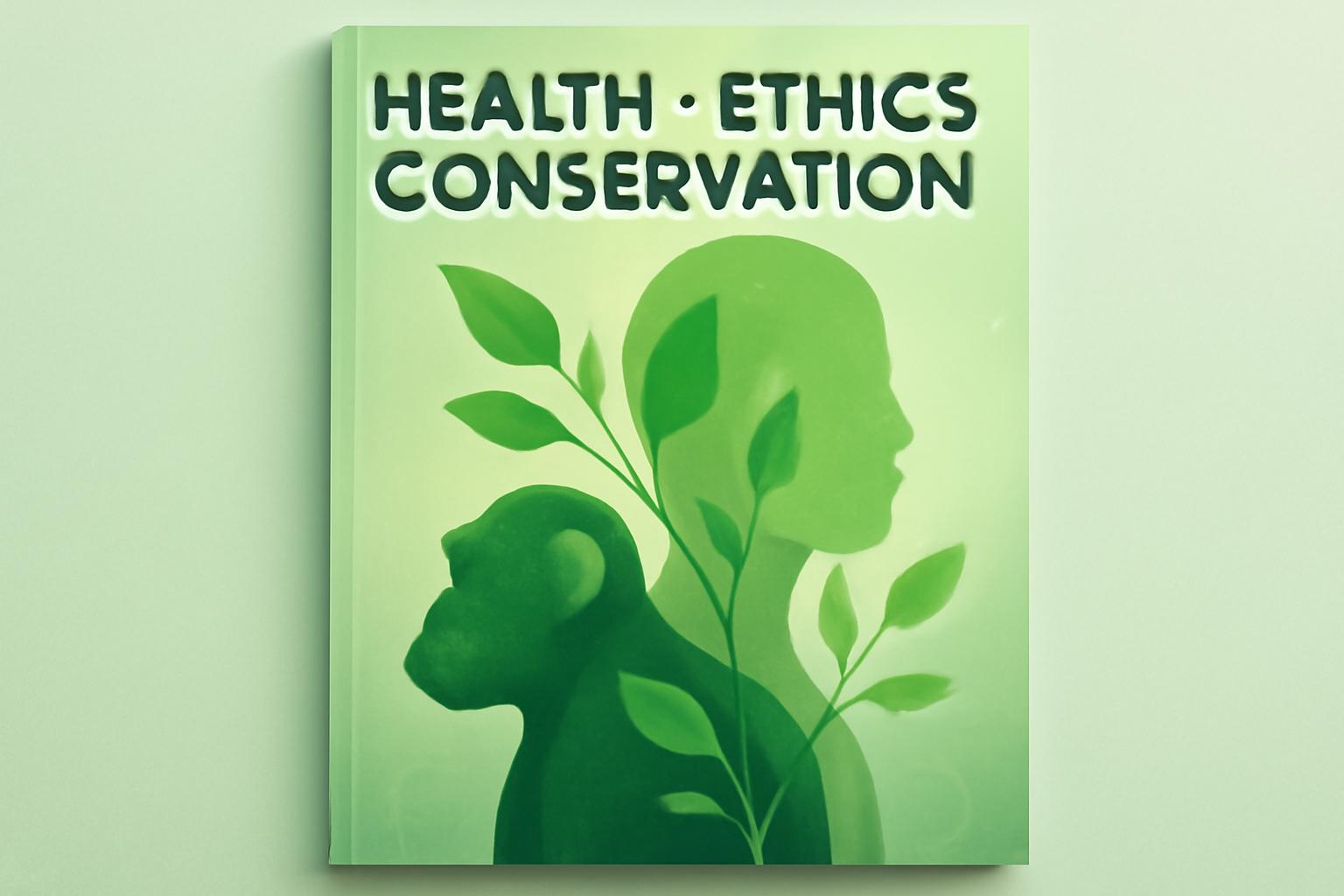Jane Goodall’s Lifelong Commitment to Conservation and Health
Jane Goodall, the renowned conservationist and ethologist famed for her groundbreaking research on chimpanzees in Africa, passed away at age 91 from natural causes while on a speaking tour in Los Angeles. Her dedication to her work well into her 90s exemplifies a trait common among those who live long, fulfilling lives: continuous engagement and purposeful activity.
The Origin of Goodall’s Plant-Based Diet
Goodall adopted a plant-based diet more than five decades ago. In a 2017 essay, she recounted the moment she decided to stop eating meat: confronted with a pork chop on her plate, she recognized it as a symbol of “fear, pain, death,” prompting an immediate and permanent shift to plant-based eating.
“I stopped eating meat some 50 years ago when I looked at the pork chop on my plate and thought: this represents fear, pain, death. That did it, and I went plant-based instantly.”
Jane Goodall, Conservationist and Ethologist
Ethical and Environmental Motivations
Goodall’s transition to veganism was deeply rooted in her ethical stance against factory farming and concern for environmental sustainability. She consistently urged others to reduce meat consumption to mitigate the detrimental effects of industrial meat production on the planet. Maya Vadiveloo, associate professor of nutrition at the University of Rhode Island, emphasized the environmental impact of meat production, noting its significant contribution to greenhouse gas emissions and other environmental stressors.
Health Benefits of a Plant-Based Diet
Beyond ethics and environment, Goodall experienced tangible health improvements after eliminating meat. She described feeling “better, lighter” immediately following the dietary change. Scientific research supports the health advantages of reducing red meat intake, linking it to lower risks of cardiovascular disease and cancer, as well as potential increases in lifespan.
“I didn’t become vegan just because of my health. I became vegan for ethical reasons. I’m vegan for the environment.”
Jane Goodall, January Interview with The National
Legacy of Activism and Lifestyle
Jane Goodall’s plant-based lifestyle reflected her unwavering commitment to animal welfare, environmental stewardship, and personal well-being. Her example highlights the interconnectedness of diet, ethics, and planetary health. Her life and work continue to inspire global audiences to consider the impact of their food choices and to advocate for a more sustainable and compassionate world.
FinOracleAI — Market View
Jane Goodall’s early adoption of a plant-based diet underscores growing consumer awareness of the ethical and environmental implications of food choices. This trend presents significant opportunities and risks for the food industry and sustainability sectors.
- Opportunities: Expansion of plant-based food markets driven by ethical and environmental consumer demand.
- Risks: Potential backlash from traditional meat industries and challenges in scaling sustainable alternatives.
- Innovation: Increased investment in sustainable agriculture and alternative protein technologies.
- Health Trends: Rising awareness of diet-related health outcomes influencing consumer behavior.
Impact: Jane Goodall’s legacy reinforces the market shift toward sustainable and ethical consumption, encouraging long-term investment in plant-based and environmentally conscious food solutions.













